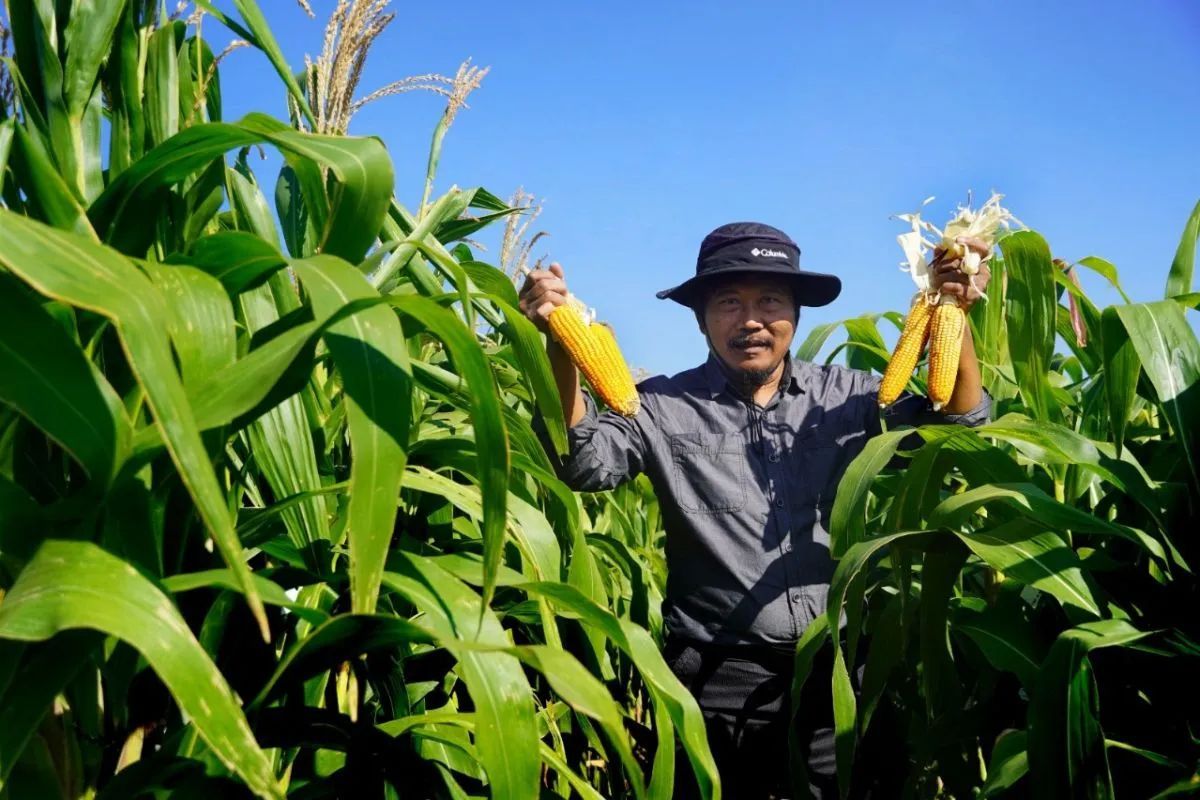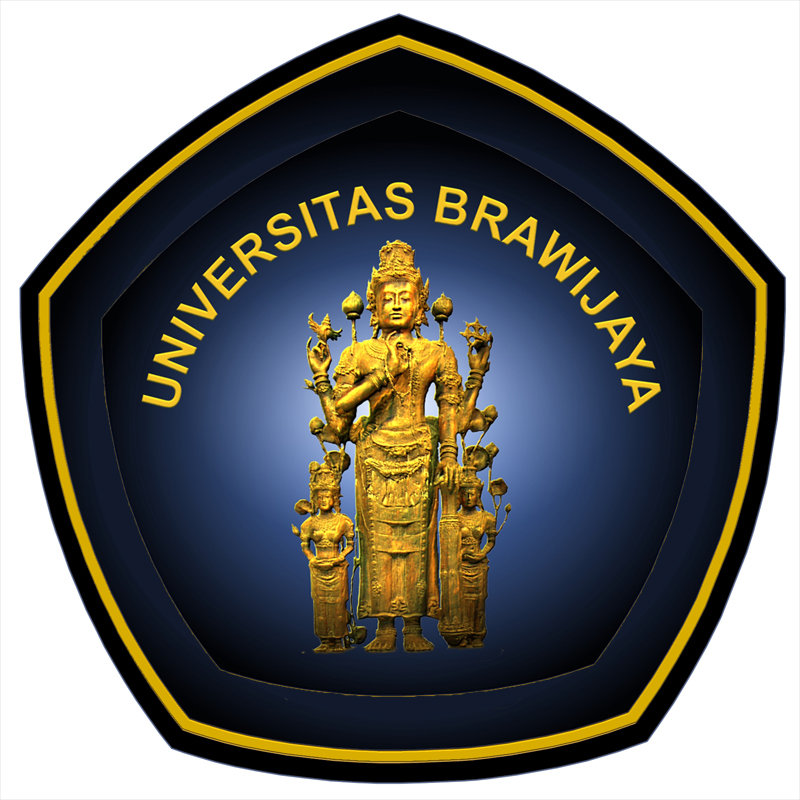An expert from the Faculty of Agriculture of Brawijaya University, Prof Arifin, has developed hybrid corn seeds for animal feed that have a higher yield and faster harvest cycle.

“If the average corn productivity is only 9 tons per hectare, using Brawijaya Nusa corn seeds could lead to a productivity increase of over 30 percent,” Arifin explained to the media on Friday. Two types of hybrid seeds, namely Nusa 1 and Nusa 3, have been developed as part of the innovation. Both have higher productivity compared to regular corn seeds.
“Brawijaya Nusa corn seeds can produce up to 12.9 tons (of corn) per hectare and 13.7 tons per hectare compared to corn seeds in general, which are only 9 tons per hectare,” he said. Initially, five types of seeds were proposed, but only two passed the release test by the Ministry of Agriculture. The seeds were found suitable for dry land areas, such as in NTT, particularly Sumba and Timor.
“NTT has the potential for growing corn, but its current productivity is significantly low. To meet the national average of 5.8 to 5.9 tons per hectare in the next few years, productivity is needed as it currently stands at only 2.3 tons per hectare.,” he pointed out. Therefore, the innovative technology from the Maize Research Center (MRC) is expected to boost the national production of corn for animal feed.
The development of hybrid seeds commenced in 2022 in NTT. Following this, Arifin and his team implemented the technology for seed production and cultivation among the local farmers. This year, the farmers started to see added value from the field corn seeds.
Arifin emphasized the importance of partnering with the private sector to ensure the successful management of business operations involving seeds, varieties, and technology developed by the university. He highlighted the need to engage farmers in this collaboration for effective management.
He added that the corn developed in NTT is a sweet and glutinous type of field corn. “We refer to it as field corn because 70 percent of it is used for cattle feed, but that doesn’t mean it’s unsuitable for human consumption. Similar to people in Africa, Indonesians rely on corn as a staple food, particularly in Madura and the eastern regions of the country,” he explained.
For more information, please click: https://ub.ac.idr
Brawijaya University: https://prasetya.ub.ac.id
Editor: A Malik Ibrahim, Copyright (c) ANTARA 2024
